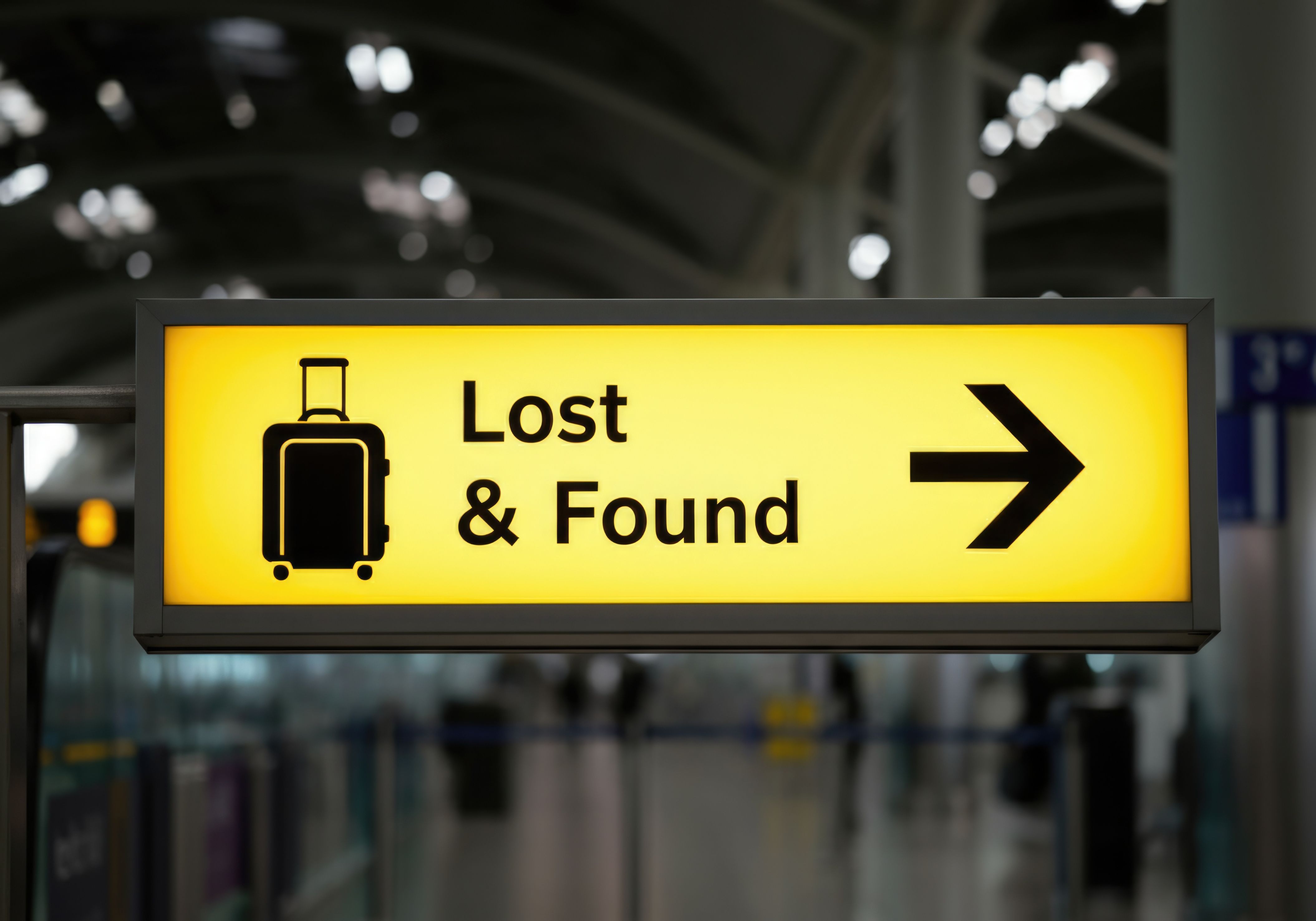Research continues to show that strata residential high-rise building defects are prevalent and the number of defects per building is high –seen here in reports from Deakin University and UNSW. The NSW Building Commissioner has reported the same, concluding in September 2021 that 39% of strata buildings had serious defects in the common property.
It is more important than ever that purchasers are conducting due diligence before they purchase apartments.
There are only two ways to get information from the strata body corporate or owner’s corporation. Firstly, by getting a strata information certificate, and secondly by conducting a search of the strata books and records. However, both methods have their limitations. I have recently reviewed body corporate information certificates for a training session I am running for Harcourts Clayfield/Ascot this month. Real estate agents need to understand these statements so they can answer purchasers’ question during the sales process. The results of my review are concerning:
· The information required from the body corporate to complete a certificate is very limited, and there are just 11 fields of enquiry.
· The information required doesn’t say much about the common property which purchasers own in common, with just 2 of the 11 fields relating to the common property.
· My review of the QLD legislation shows there are 32 matters the body corporate actions that could materially affect buyers and only 12 of those matters (38%) are covered by the government form.
Considering it’s not often practical to do a building inspection on an entire building each time someone buys an apartment, purchasers deserve more than this.
If government is looking for something to do to protect buyers and increase the pressure on owners, they should play a straight bat and fix defects. Changing the form to require disclosure of defects and likely remedial action is an easy and effective way to take immediate action. Given what happened in Florida, it might save lives.






